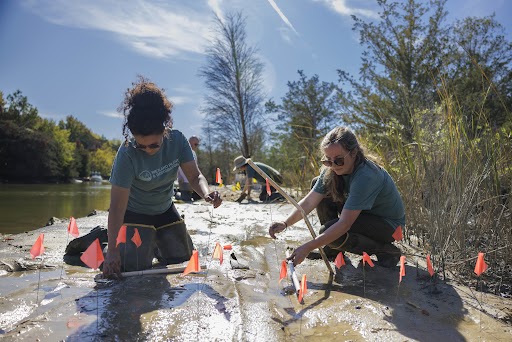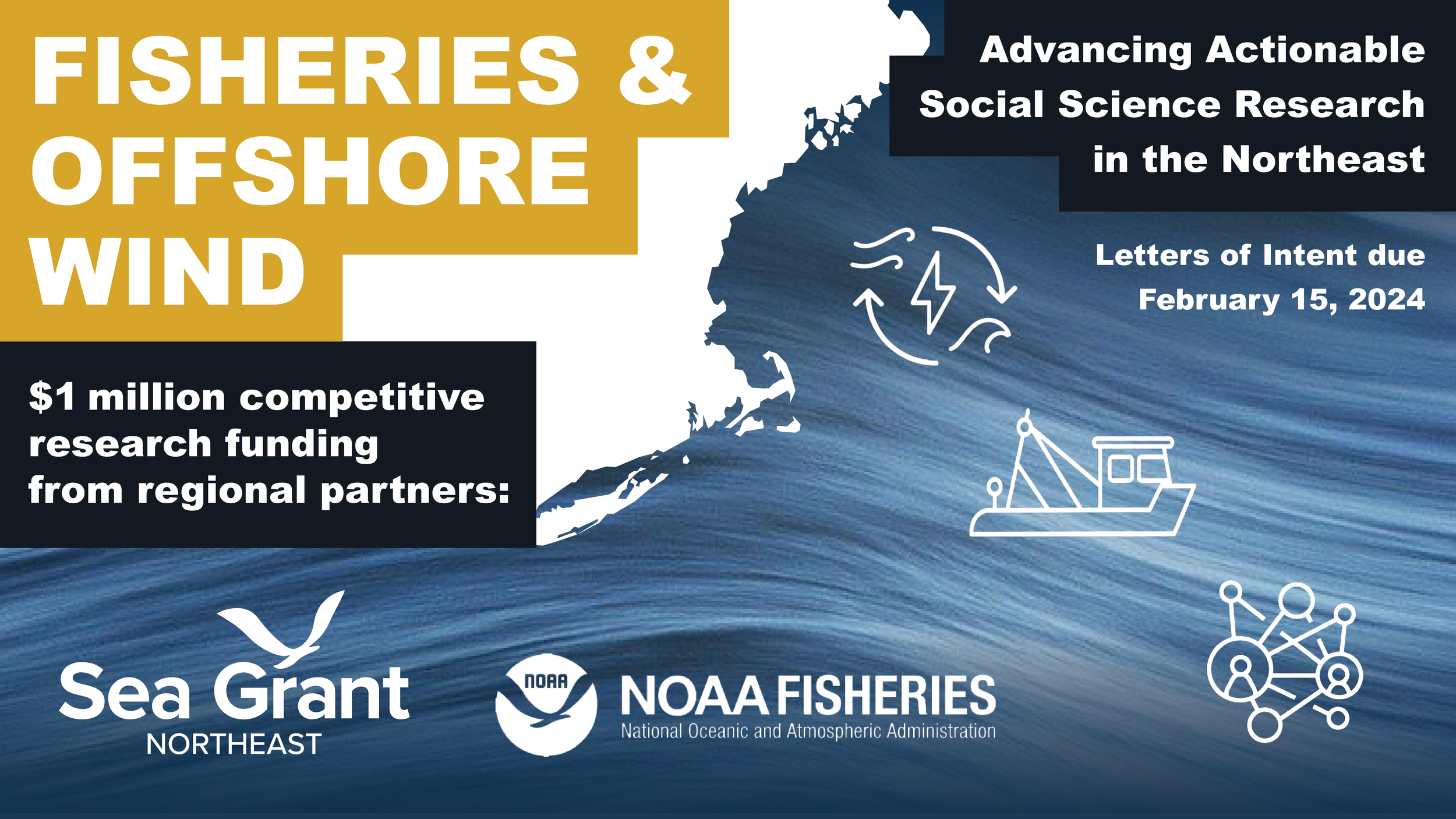Sea Grant’s Knauss Executive Fellows
By Robin Garcia, National Sea Grant Office
Started in 1979, the John A. Knauss Marine Policy Fellowship connects outstanding graduate students with a host office in the Executive or Legislative branches of the government for one year in Washington, DC. Executive fellows are the majority of each Knauss class; they represent about 80% of the 2015 class. Executive fellows hold diverse positions in their host offices, including science communication, legislative affairs, fishery management, renewable energy, and more.
The 2015 executive fellows represent a wealth of academic backgrounds. Nearly half of the 42 fellows have or are in the process of completing a doctorate degree in biological sciences, with specialties including marine science, oceanography, biology, fisheries, zoology, environmental science, and environmental engineering. About one third have master’s degrees in biological sciences. Executive fellows also hold master’s degrees in environmental management and law degrees. Many chose to apply as an executive fellow to gain experience in a federal agency and to learn about how the science policy of the administration is carried out.
Most of the executive fellows work at the National Oceanic and Atmospheric Administration (NOAA), mainly in NOAA Fisheries, NOAA Office of Oceanic and Atmospheric Research, and NOAA National Ocean Service. Some work in the various NOAA staff offices (like the Office of Education), and one fellow works in the office of Dr. Kathy Sullivan, the NOAA Administrator. Outside of NOAA, there are fellows working for the US Fish and Wildlife Service, the National Science Foundation, the US Department of Energy, the Oceanographer of the Navy, the Environmental Protection Agency, the Committee on the Marine Transportation System, the US State Department, and the US Army Corps of Engineers.
Professional highlights include organizing workshops and symposiums, writing reports and featured stories, and meeting Congressional representatives. One fellow noted the accomplishment of completing her doctoral degree during the fellowship, a testament to the professional development and personal support that fellows experience in their host offices. The executive fellows benefit from the strong reputation of the program and the large Knauss alumni network, in DC and nationwide. “I’ve run into past fellows everywhere and they are all so excited about the new fellows and want to help us in anyway they can.” says Courtney Gerstenmaier from South Carolina Sea Grant Consortium.
What should prospective fellows know about being an executive Knauss fellow? “There are many opportunities for fellows that relate to policy, science, and everything in between.” explains fellow Sarah Bowman from Ohio Sea Grant. “Each fellow finds his or her niche during Placement Week.”
Shailesh Sharma from Mississippi-Alabama Sea Grant Consortium points out that “few [people] are lucky to have the experience of ‘doing’ (academics) and ‘managing’ (federal institution) science. The beauty of the Knauss Fellowship lies in that it integrates your doing-and-managing-science caliber for the benefit of all.”


